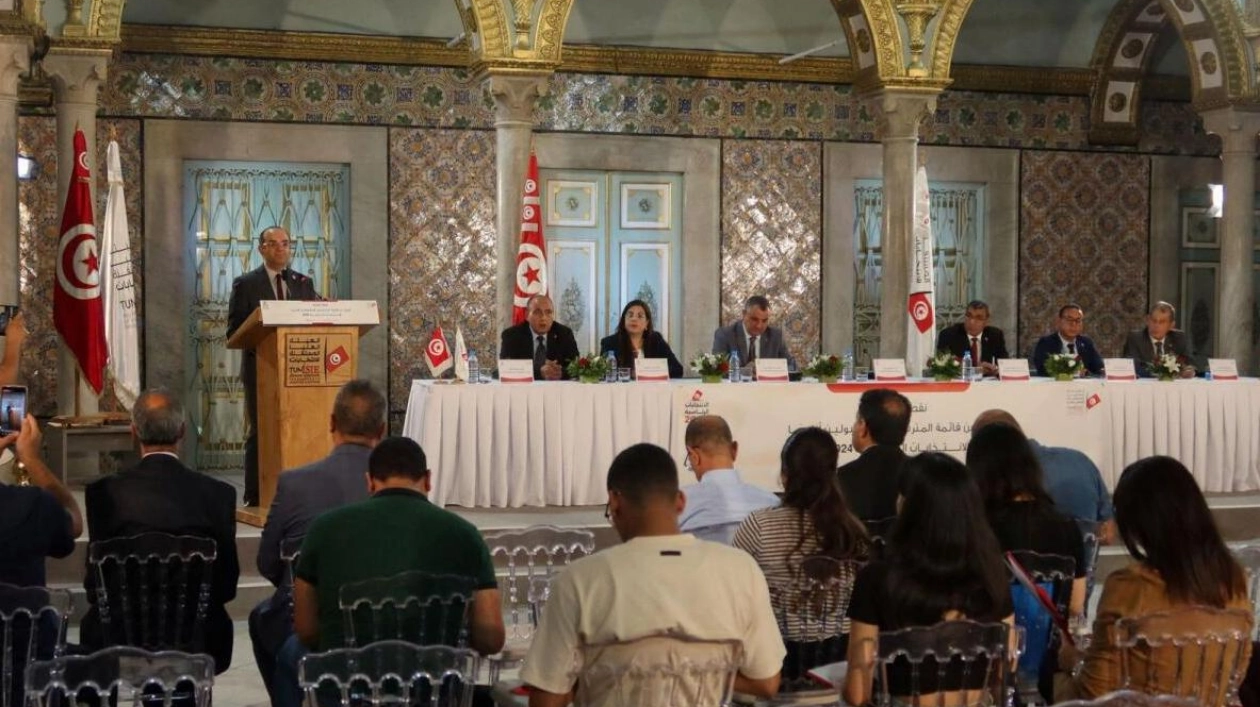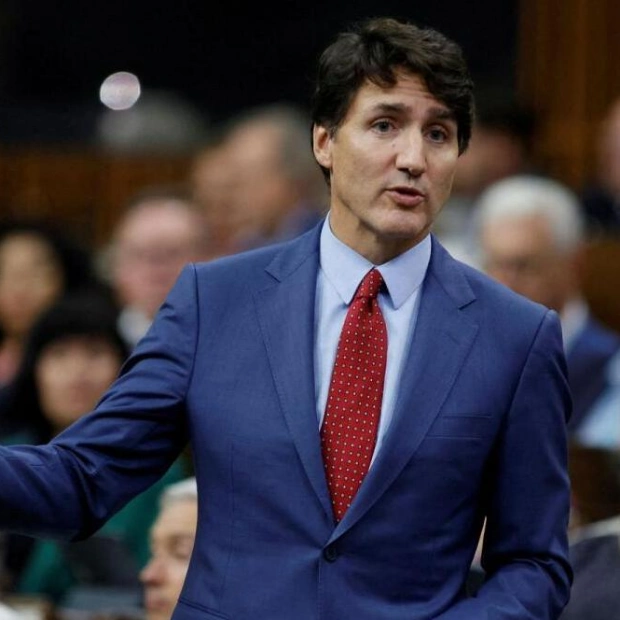Tunisia's electoral commission announced on Saturday that it had initially approved only three presidential candidates, with incumbent Kais Saied among them, despite widespread opposition criticism that the process is designed to exclude serious contenders. The commission confirmed the acceptance of Saied, Zouhair Magzhaoui, who is considered close to Saied, and Ayachi Zammel for the October 6 election, rejecting 14 other candidates. Zammel, the leader of the Azimoun party, is not previously known as a significant political figure. Prominent politicians such as Mondher Znaidi, Imed Daimi, Abdel Latif Mekki, Karim Gharbi, Safi Said, Kamel Akrout, and Nizar Chaari claimed that the interior ministry denied them the criminal record information required by the commission as a new condition for candidacy. They accused the authorities of attempting to revert Tunisia to the era of dictatorship and rigged elections that preceded the 2011 revolution. Farouk Bou Asker, the head of the commission, clarified to reporters that the candidates were disqualified due to insufficient citizen endorsements, not the lack of a criminal record card. Tunisian opposition parties and human rights organizations have accused the authorities of employing "arbitrary restrictions" and intimidation to secure Saied's re-election. A Tunisian court recently sentenced four potential presidential candidates to eight months in prison and barred them from running for office on charges of vote buying. Potential candidate Safi Said announced his withdrawal from the race on Friday, stating his refusal to participate in what he described as a "one-man show." Kais Saied, who dissolved parliament and assumed full control in 2021, a move the opposition labeled a coup, declared last year that he would not "hand over the country to non-patriots."

Text: Lara Palmer
11.08.2024
Incumbent Kais Saied among those accepted amid allegations of exclusionary tactics and intimidation





